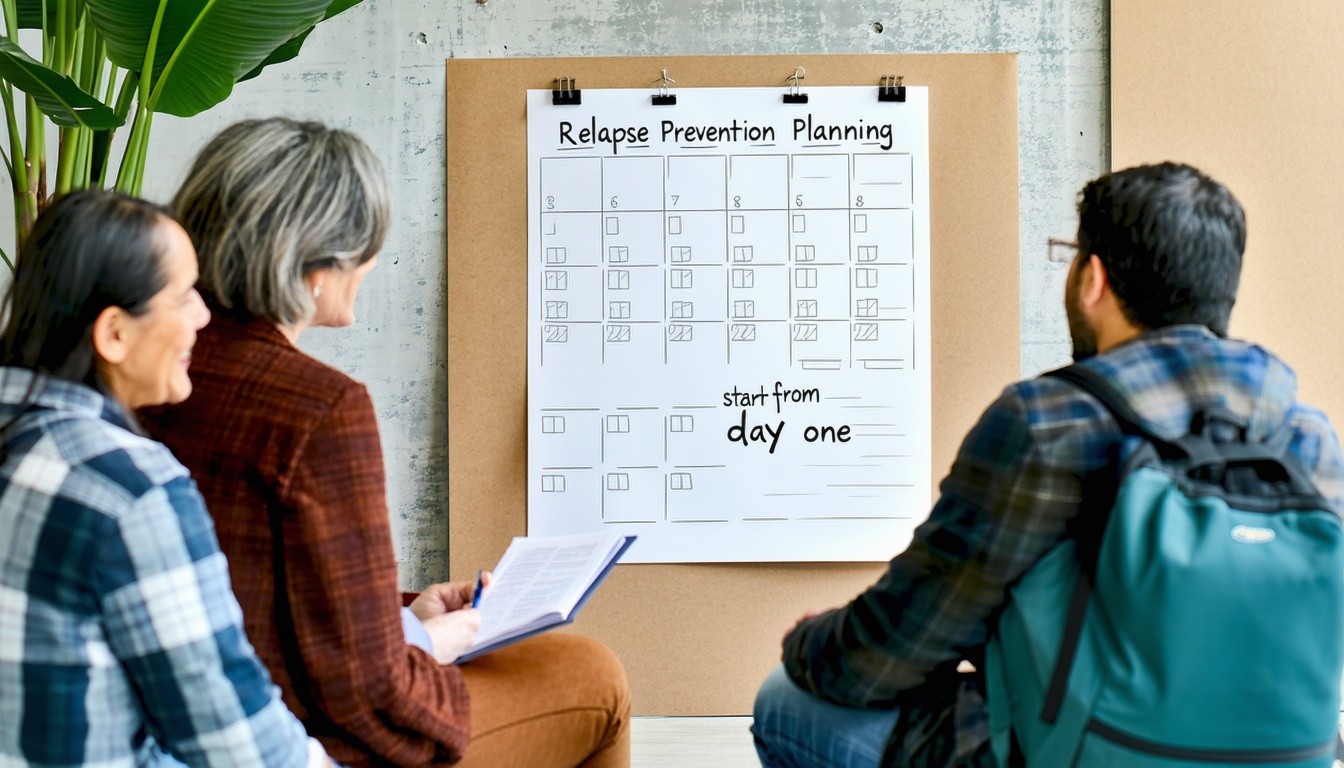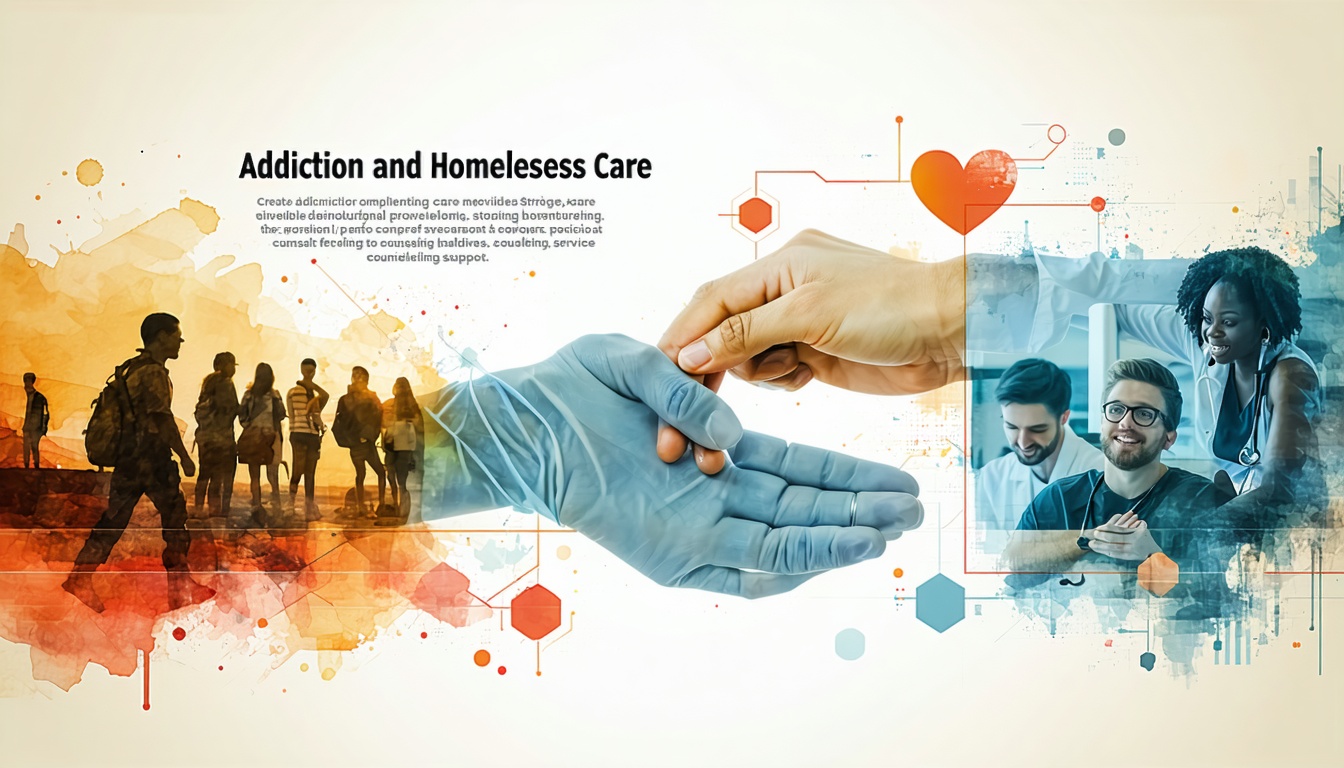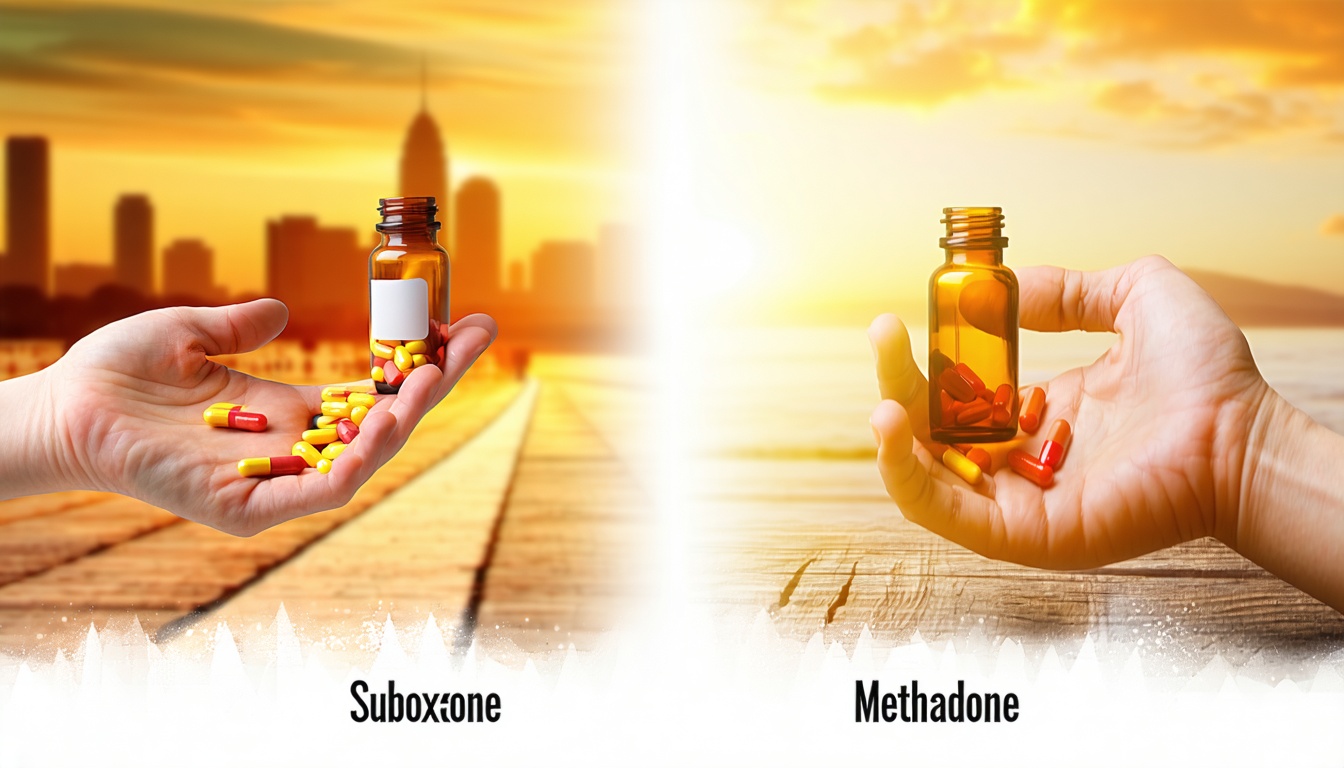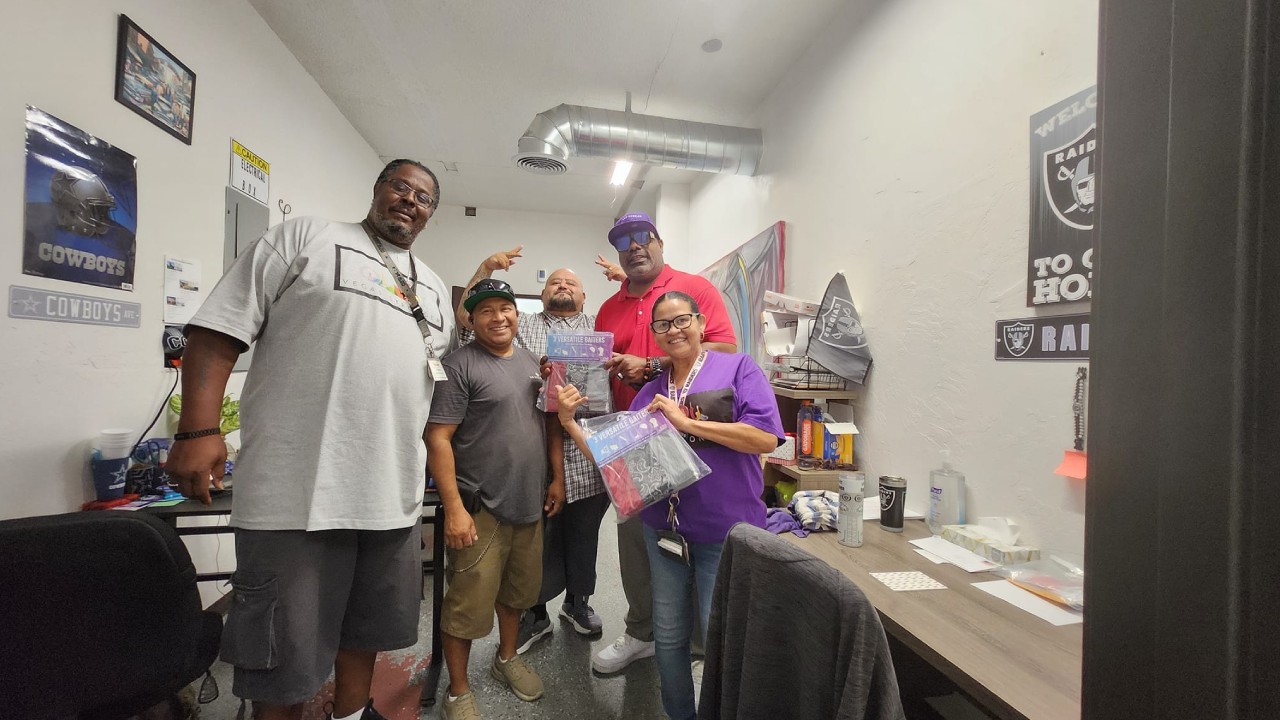Understanding Aftercare in Recovery
Importance of Aftercare in Sustaining Recovery
Aftercare plays a pivotal role in maintaining the gains made during initial treatment and ensuring long-term sobriety. The journey of recovery does not end with the completion of a primary treatment program; rather, it continues as individuals reintegrate into their daily lives. Aftercare helps bridge the gap between intensive treatment and independent living, offering vital support to prevent relapse and address ongoing challenges.
Key factors highlighting the importance of aftercare include:
- Relapse Prevention: Aftercare programs provide strategies and tools to recognize and manage triggers, significantly reducing relapse risks. For further insights, visit our article on relapse prevention: strategies for maintaining long-term sobriety.
- Continued Support: Ongoing therapy and support groups, such as those discussed in group therapy in addiction recovery: benefits and best practices, offer a network for individuals to share experiences and seek advice.
- Skill Development: Programs equip individuals with coping mechanisms and life skills essential for navigating stressors and challenges post-treatment.
- Monitoring and Adjustment: Regular follow-ups allow for the assessment of progress and adjustment of care plans to better suit evolving needs.
Key Elements of Aftercare Programs
Effective aftercare programs encompass various components designed to support sustained recovery and quality of life. Understanding these elements helps individuals and their families make informed decisions about post-treatment care.
- Therapy and Counseling:
- Individual Therapy: Addresses personal challenges and promotes emotional well-being. Learn more from how individual therapy helps address the root causes of addiction.
- Group Therapy: Offers shared experiences and collective support, crucial in maintaining motivation and accountability.
- Medication Management:
- Managed by healthcare providers to ensure the correct use of medications that assist in maintaining sobriety. Refer to medication-assisted treatment (MAT): how it supports long-term recovery for more details.
- Support Groups:
- 12-Step Programs: Structured steps encourage personal responsibility and community support.
- Non-12-Step Programs: Provide alternative methodologies for those seeking different approaches.
- Holistic Practices:
- Incorporating physical, mental, and spiritual wellness practices, as detailed in holistic healing in addiction treatment: mind body and spirit.
- Family Involvement:
- Engaging family members in the recovery process enhances outcomes. For more on this, see how family involvement enhances addiction treatment success.
- Lifestyle and Skill-building:
- Teaching budgeting, job skills, and self-care to promote independence and stability.
Table: Key Elements of Aftercare Programs
| Element | Description |
|---|---|
| Therapy and Counseling | Includes individual and group therapy to address various emotional and social needs |
| Medication Management | Overseen by professionals to maintain sobriety and health |
| Support Groups | Community-based programs offering peer support and structured guidance |
| Holistic Practices | Involves mindfulness, fitness, and spiritual practices to support whole-body health |
| Family Involvement | Engaging family members to provide additional support and understanding |
| Lifestyle and Skill-building | Empowering individuals with essential life and career skills |
Recognizing the importance of these key elements ensures a comprehensive approach to aftercare, fostering a supportive environment for long-term recovery.
Transitioning from Treatment to Aftercare
Transitioning from formal treatment to aftercare is a critical phase in maintaining long-term recovery. This section will explore how to navigate this transition successfully.
The Continuum of Care
The continuum of care in addiction and mental health treatment ensures that individuals receive consistent support through different phases of their recovery journey. This model acknowledges that recovery is an ongoing process that extends beyond the initial treatment phase.
The continuum typically includes:
- Detoxification: The initial stage where the body is cleansed of substances.
- Residential Treatment: Inpatient programs that provide intensive care and structure.
- Partial Hospitalization: A step-down from residential treatment with more flexibility.
- Outpatient Treatment: Regular therapy sessions while living at home.
- Aftercare: Long-term support and relapse prevention strategies.
By adhering to the continuum of care, individuals are less likely to experience relapse and more likely to sustain their recovery. Check out our article on relapse prevention: strategies for maintaining long-term sobriety for more.
Developing an Aftercare Plan
An aftercare plan is a personalized blueprint for continuing care after formal treatment ends. This plan should be tailored to the specific needs and circumstances of the individual.
Key components of an effective aftercare plan:
| Component | Description |
|---|---|
| Individual Therapy | Regular sessions with a therapist to address ongoing issues and develop coping strategies. How individual therapy helps address the root causes of addiction |
| Group Therapy | Support groups provide a sense of community and shared experiences. Read more about the benefits and best practices of group therapy. |
| Medication Management | Ongoing monitoring of any medications prescribed during treatment. Learn about medication-assisted treatment (MAT). |
| Family Involvement | Family therapy sessions and involvement in the recovery process. See how family involvement enhances addiction treatment success. |
| Holistic Practices | Incorporating activities like yoga, meditation, and nutrition. Discover holistic healing in addiction treatment. |
| Relapse Prevention | Strategies and tools to avoid relapse. Visit relapse prevention: strategies for maintaining long-term sobriety. |
Developing a comprehensive aftercare plan involves collaboration with treatment providers, family members, and the individual themselves. This ensures a holistic and personalized approach to recovery. For insights into different types of aftercare services, see our Types of Aftercare Services.
By understanding and implementing the continuum of care and creating a robust aftercare plan, individuals are better equipped to navigate the challenges of sustaining recovery and ensuring long-term well-being.
Types of Aftercare Services
Aftercare services are essential to the recovery process, providing continuous support and resources to help individuals maintain their sobriety and mental health. Here, we explore three primary types of aftercare services: individual therapy, group therapy and support groups, and medication management.
Individual Therapy
Individual therapy remains a cornerstone of aftercare. It allows individuals to work closely with a therapist to address personal issues related to their recovery. This type of therapy offers a tailored approach, focusing on the unique challenges and goals of each person.
In one-on-one settings, therapists can help identify triggers, develop coping strategies, and work through underlying issues that contribute to substance abuse or mental health concerns. For more details on how individual therapy can address the root causes of addiction, read our article on how individual therapy helps address the root causes of addiction.
| Benefit | Description |
|---|---|
| Personalized Attention | Sessions are tailored to individual needs. |
| Flexibility | Scheduling can be adjusted as needed. |
| Confidentiality | Provides a private space to discuss sensitive issues. |
Group Therapy and Support Groups
Group therapy and support groups offer peer support, which is invaluable in the recovery journey. In these settings, individuals can share experiences, learn from others, and build a sense of community.
These groups are often facilitated by therapists or counselors and can focus on various aspects of recovery. Support groups, such as those based on the 12-step model, provide ongoing peer support and accountability. Learn more about the benefits and best practices of group therapy in our article group therapy in addiction recovery: benefits and best practices.
| Group Type | Focus |
|---|---|
| 12-Step Programs | Peer support and accountability. |
| Cognitive Behavioral Groups | Coping mechanisms and strategy development. |
| Family Therapy Groups | Family involvement and dynamics. |
Medication Management
Medication management is a critical aspect of aftercare for those who require pharmacotherapy to support their recovery. This service includes the use of medications to manage withdrawal symptoms, reduce cravings, or treat co-occurring mental health disorders.
Healthcare providers monitor the medication’s effectiveness and make necessary adjustments to ensure optimal results. For a deeper understanding of how medication-assisted treatments support long-term recovery, refer to our article medication-assisted treatment (mat): how it supports long-term recovery.
| Medication Type | Purpose |
|---|---|
| Antidepressants | Manage co-occurring depression. |
| Anti-Anxiety Medications | Reduce symptoms of anxiety disorders. |
| MATs (e.g., Methadone, Buprenorphine) | Alleviate withdrawal and cravings. |
By integrating these types of aftercare services into a comprehensive recovery plan, individuals can enhance their chances of maintaining long-term sobriety and mental health. Understanding and utilizing these services are crucial steps in sustaining progress and achieving a stable, healthy life.
Lifestyle Changes for Long-Term Recovery
Achieving long-term recovery requires adopting new lifestyle habits that support our physical and mental well-being. These changes lay a strong foundation to help us sustain recovery and lead fulfilling lives.
Healthy Habits and Routine
Establishing healthy habits and sticking to a routine are critical components of long-term recovery. A structured daily schedule keeps us grounded, reducing the chances of slipping back into old patterns of behavior. Key elements of a healthy routine include:
- Regular Exercise: Physical activity boosts mood and reduces stress.
- Nutrition: A balanced diet provides the nutrients our body needs to function optimally.
- Sleep: Ensuring we get enough sleep aids in mental clarity and emotional stability.
| Activity | Recommended Frequency | Benefits |
|---|---|---|
| Exercise | 3-5 times per week | Improves mood, reduces stress |
| Balanced Diet | Daily | Provides energy, supports health |
| Adequate Sleep | 7-9 hours per night | Enhances mental clarity, emotional stability |
Building a Support Network
A strong support network is crucial for navigating the challenges that come with long-term recovery. Surrounding ourselves with positive influences can provide encouragement and accountability. Effective ways to build and maintain a support network include:
- Joining Support Groups: Participating in group therapy provides a sense of community and shared understanding.
- Engaging in Therapy: Individual therapy helps address personal challenges and develop coping strategies.
- Family Involvement: Encouraging family involvement enhances treatment success by building trust and cooperation.
Stress Management Techniques
Learning to manage stress effectively is vital for maintaining sobriety. Stress can be a major trigger for relapse, so implementing stress-reducing practices is essential. We can incorporate the following techniques into our daily lives:
- Mindfulness and Meditation: Practices like mindfulness meditation improve focus and reduce anxiety.
- Physical Activities: Engaging in activities like yoga or tai chi helps alleviate stress and promotes relaxation.
- Creative Outlets: Hobbies like painting, writing, or playing music provide a constructive way to express emotions.
Incorporating these lifestyle changes will support our journey in sustaining recovery. For more information on how to continue prioritizing mental health, check out our articles on relapse prevention and holistic healing in addiction treatment.
Monitoring Progress and Adjusting Care
Continuous monitoring and adjustment of care are essential components of aftercare in sustaining recovery. Here, we explore the pivotal elements involved in monitoring progress and adapting care to ensure long-term success.
Regular Follow-Up Appointments
Regular follow-up appointments play a critical role in the aftercare process. These scheduled visits provide opportunities for us to evaluate progress, address any arising issues, and make necessary adjustments to the treatment plan. They also serve as a platform for individuals to discuss their experiences and receive encouragement and support.
Frequency of Follow-Up Appointments:
| Period | Frequency |
|---|---|
| First 3 Months | Weekly |
| 3-6 Months | Bi-weekly |
| 6-12 Months | Monthly |
| After 1 Year | Quarterly |
Identifying Warning Signs
A key aspect of monitoring progress in recovery is the ability to identify warning signs of potential relapse or setbacks. Recognizing these early can help us intervene promptly and provide the necessary support. Common warning signs to look out for include:
- Increased stress or anxiety
- Changes in behavior or mood
- Isolation from support networks
- Decrease in attendance to therapy sessions
- Neglecting personal care and responsibilities
Regularly discussing these signs during follow-up appointments ensures they are addressed proactively.
Adjusting Treatment Plans
Recovery is a dynamic process, and treatment plans must be flexible to accommodate changes in an individual’s circumstances and needs. Adjusting treatment plans involves:
- Reassessing Goals: Periodically reviewing and setting new recovery goals ensures they remain relevant and motivating.
- Modifying Therapy Sessions: Adjusting the frequency or type of therapy based on the individual’s progress and preferences. For more insights on individual therapy, see our article on how individual therapy helps address the root causes of addiction.
- Updating Medication: Ensuring medication management aligns with the current stage of recovery. More information can be found in our discussion on medication-assisted treatment (MAT).
- Engaging in New Activities: Incorporating holistic approaches, such as recreational activities or mindfulness practices, into the treatment plan. Learn more about holistic healing in addiction treatment: mind, body, and spirit.
Monitoring progress and adjusting care strategies is fundamental in supporting long-term recovery and ensuring a smooth transition from treatment to a balanced, healthy lifestyle.
Celebrating Milestones in Recovery
Recognizing and celebrating milestones in recovery is a vital part of maintaining long-term sobriety and well-being. Here, we examine the importance of acknowledging achievements, reinforcing positive behaviors, and continuing to prioritize mental health and well-being.
Acknowledging Achievements
Acknowledging achievements is crucial in sustaining recovery. Recognizing progress, no matter how small, can motivate individuals to stay the course. This recognition serves as a reminder of the efforts and strides made in their journey toward sobriety.
| Milestone | Celebration Ideas |
|---|---|
| 30 Days Sober | Personal reflection, small gathering |
| 90 Days Sober | Certificate or token, supportive meeting |
| 1 Year Sober | Special event, personal accomplishment award |
| 5 Years Sober | Milestone trip, community recognition |
By celebrating achievements, we reinforce the belief that sustained recovery is possible and worth the effort. Celebrations can range from personal reflections to organized events, contributing significantly to an individual’s sense of accomplishment.
Reinforcing Positive Behaviors
Reinforcing positive behaviors is essential in maintaining long-term sobriety. Positive reinforcement can come from both internal (self-acknowledgment) and external (support group recognition) sources. By rewarding progress, we encourage the continuation of these beneficial habits.
Methods for reinforcing positive behaviors include:
- Offering verbal praise during therapy sessions.
- Providing tangible rewards for reaching specific milestones.
- Sharing successes in support groups to inspire others.
Positive reinforcement helps individuals build resilience, making it easier to overcome challenges and avoid relapse. Resources that promote positive behaviors can support ongoing recovery efforts, as seen in our relapse prevention strategies.
Continuing to Prioritize Mental Health and Well-Being
Prioritizing mental health and well-being is a continuous journey. Even as individuals achieve milestones in their recovery, maintaining a focus on mental health is vital. This prioritization includes regular therapy, support groups, and self-care practices.
Regular practices for well-being:
- Routine therapy sessions: Helps address underlying issues and manage triggers.
- Support group meetings: Offers community and shared experiences.
- Self-care practices: Incorporates activities that promote relaxation and joy.
By continuing to prioritize mental health, individuals build a stronger foundation for their recovery. For a comprehensive understanding, read about how individual therapy helps address the root causes of addiction and the role of mental health treatment in substance abuse recovery.
Celebrating recovery milestones, reinforcing positive habits, and prioritizing mental health are all key components of successful aftercare. This approach not only acknowledges progress but also sets the stage for continued growth and long-term success in recovery.

















